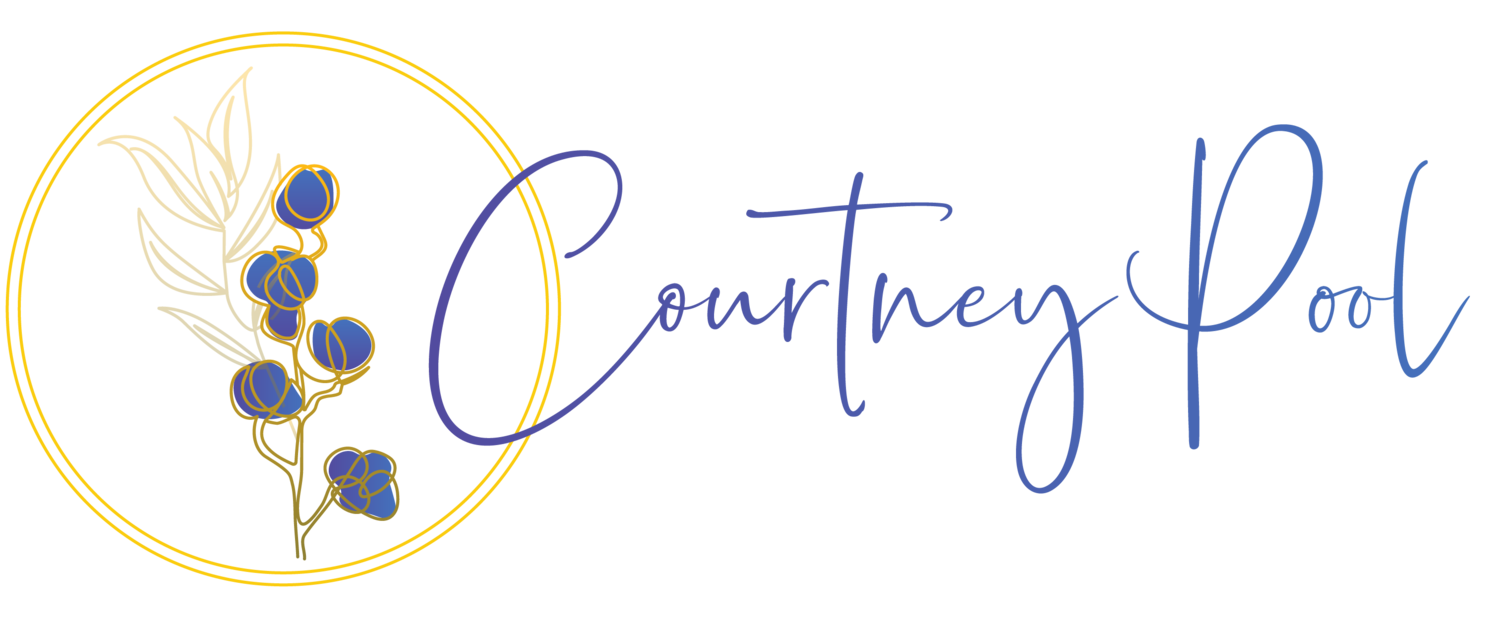Healing Food Addiction: Hopelessness and Optimism
It is normal to oscillate between moments of hopefulness and hopelessness as you are healing from overeating.
We need to allow ourselves to feel however we feel about the process, meanwhile also reminding ourselves of the truth about the process.
In other words, when you feel optimistic, let yourself feel that! Let yourself feel excited about healing this compulsion. Let yourself be hopeful and look forward to it, and be happy when you're happy about how things are going.
On the other hand, you'll have other times where you feel totally hopeless. In this case, allow the hopeless feeling. Cry, get angry and rage, feel the fear, or whatever else comes up.
Don't just sit in hopelessness without feeling it. You need to let yourself be overwhelmed by hopelessness and let the tears flow or anger or terror happen.
At the same time as you feel, remind yourself of the truth about healing overeating.
The truth is, you can heal it. No matter how long you've done it, no matter how severe your issues with food have been, they can be mended.
The truth is, overeating has nothing to do with your personality or nature. It's the result of trauma, emotional suppression and false beliefs.
The truth is, no soul is ever permanently broken and all is redeemable.
Many people out there will tell you overeating and food addiction cannot be fully healed and you'll never be "normal" or healthy with food. They're wrong.
So get excited and hopeful about healing this addiction! Let your heart soar and dare to dream of the peace and freedom and relaxation that is possible for you.
But at the same time, when you feel hopeless, don't force yourself out of that feeling and into optimism. Don't necessarily take what the hopelessness is telling you to be the truth, but allow the emotions of hopelessness to flow.
In other words, allow yourself radical optimism about being able to heal overeating. Also, allow yourself to feel hopeless when that emotion arises. Just feel how you feel without judgment.
Photo by Zoe Schaeffer via Unsplash

